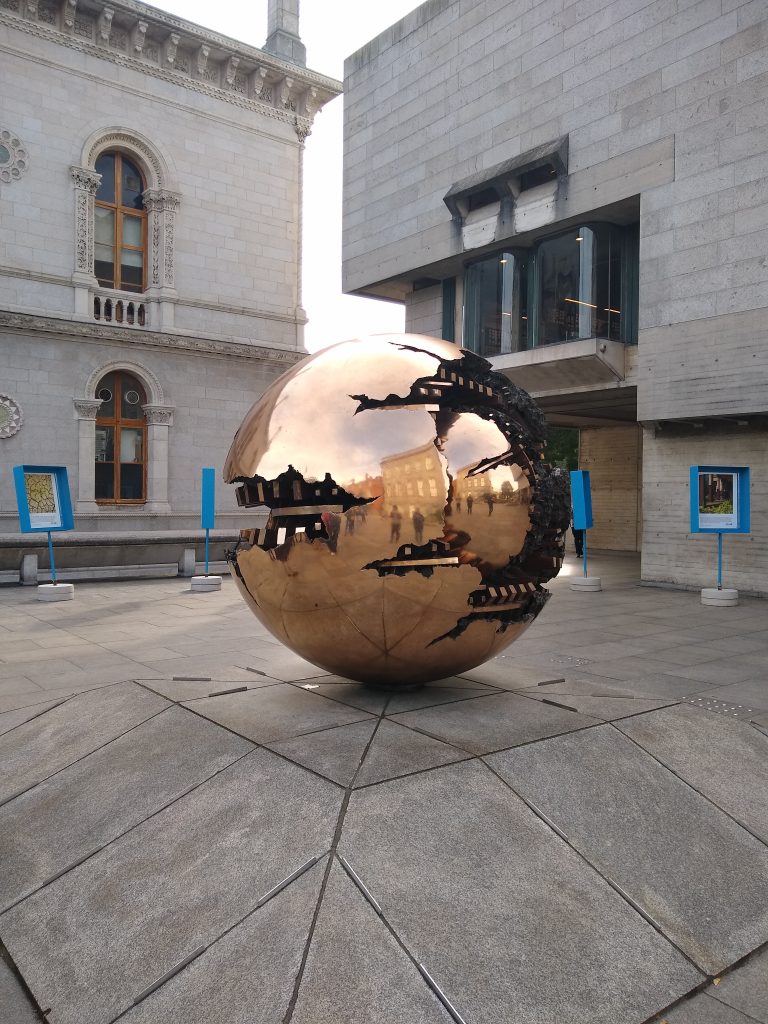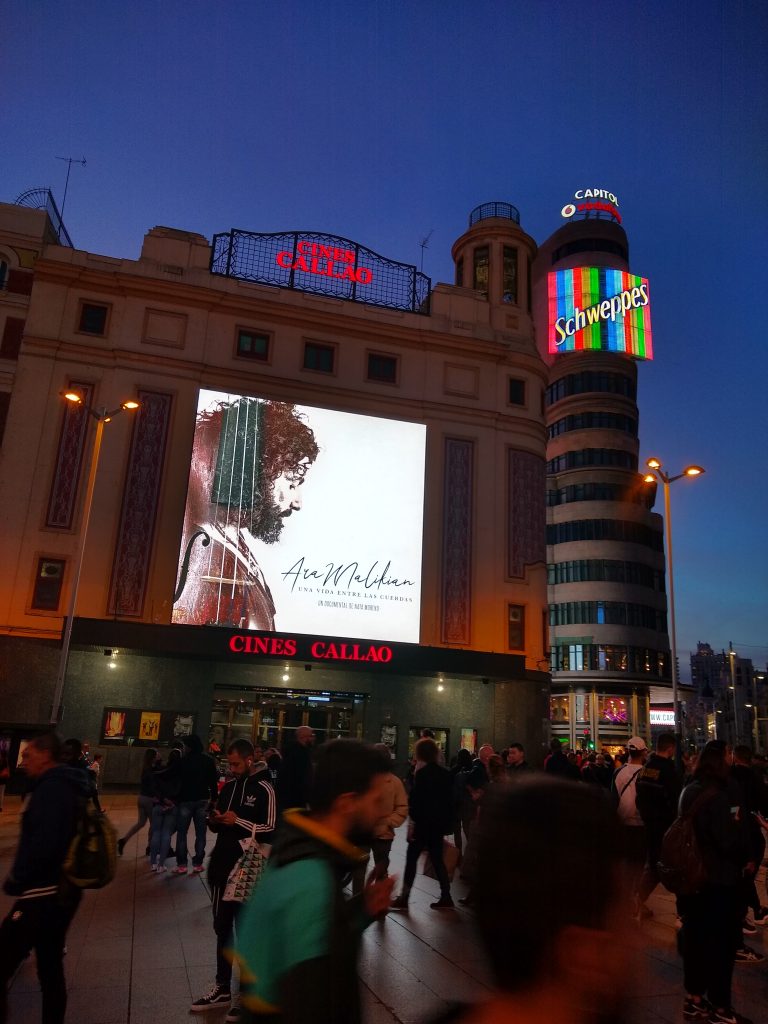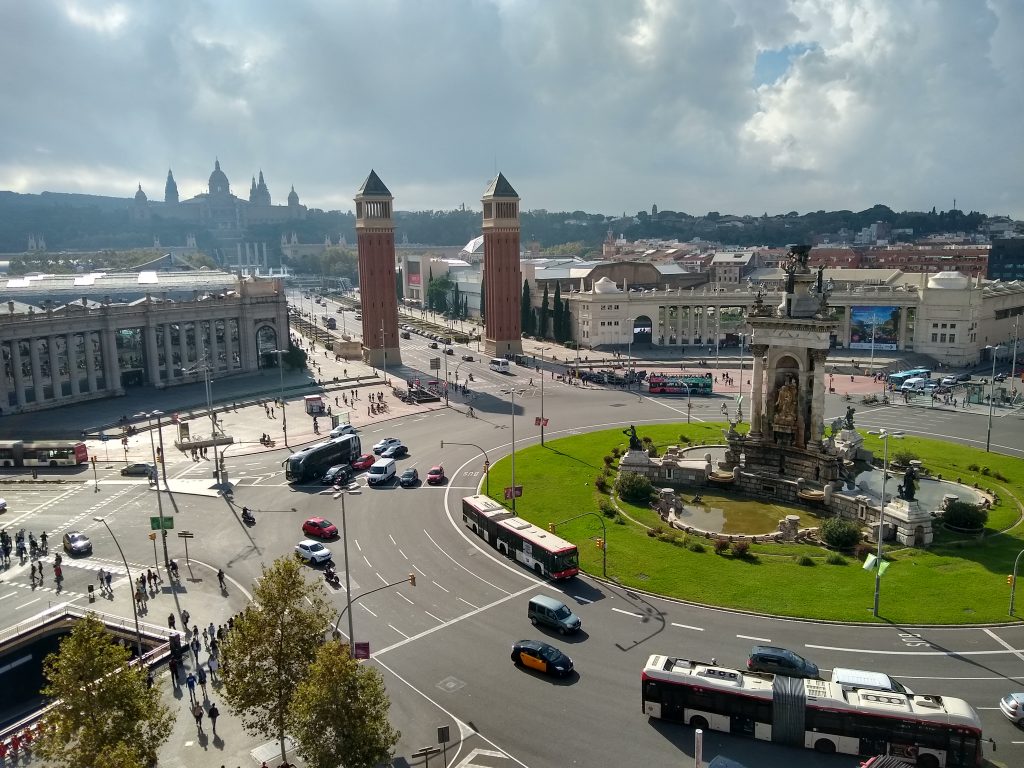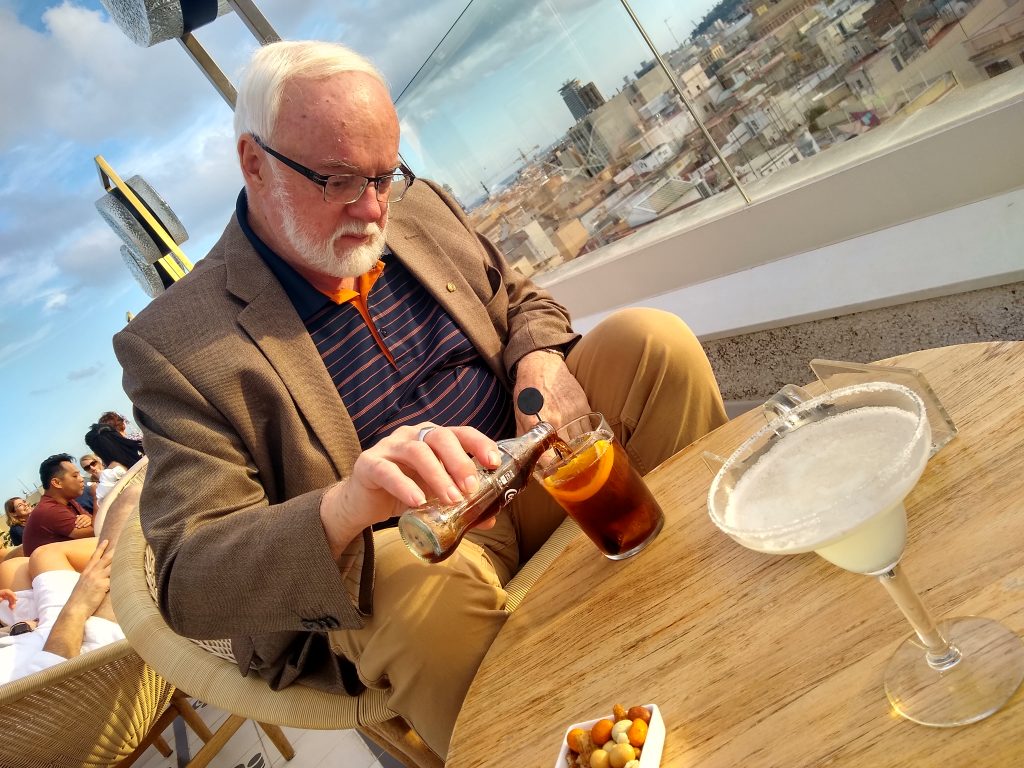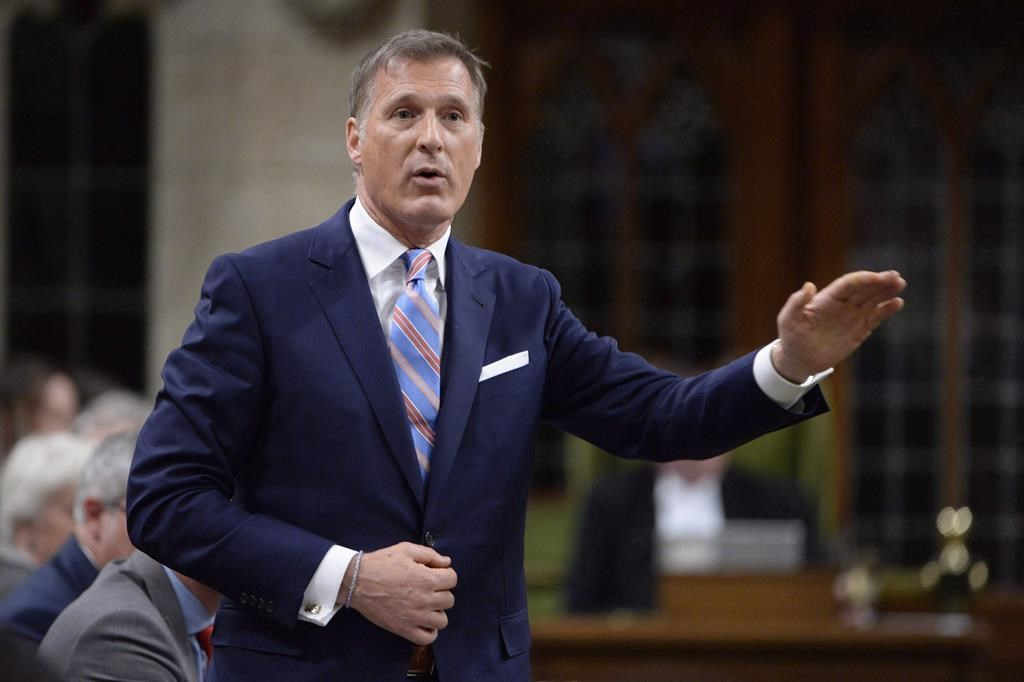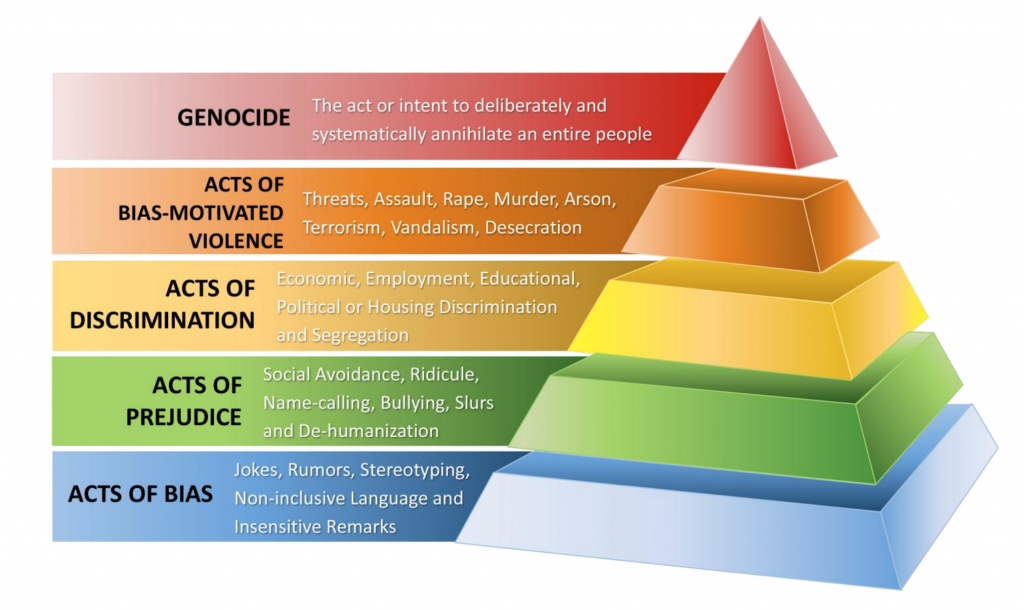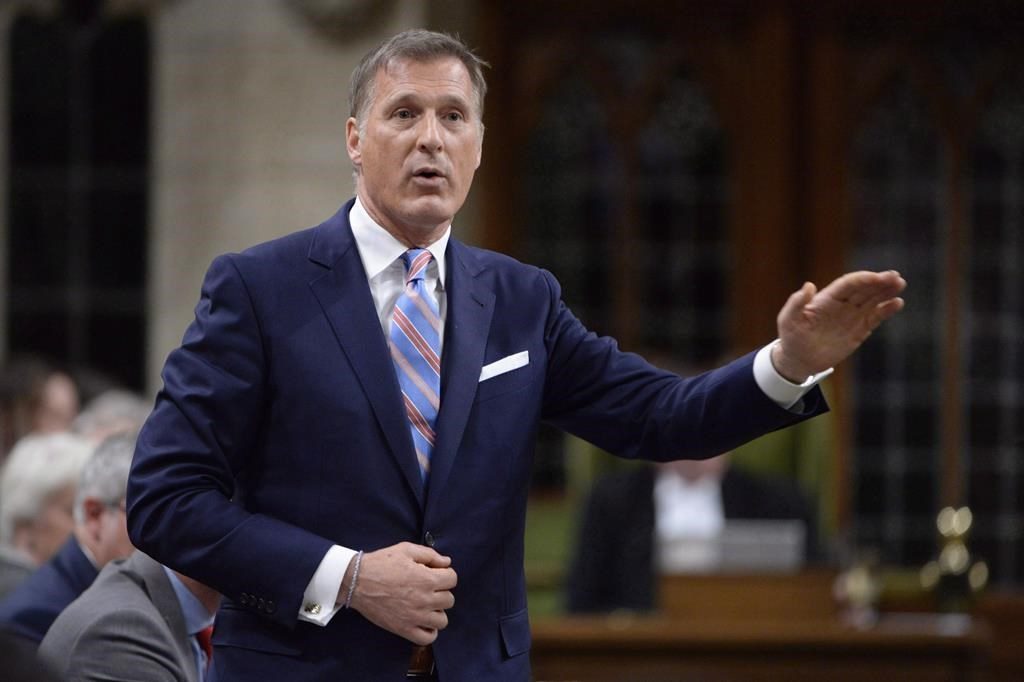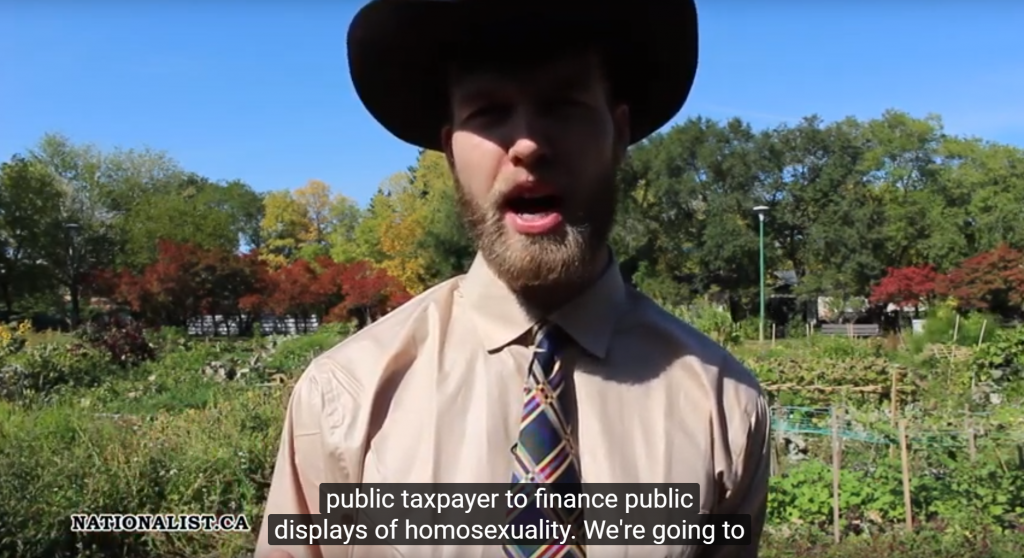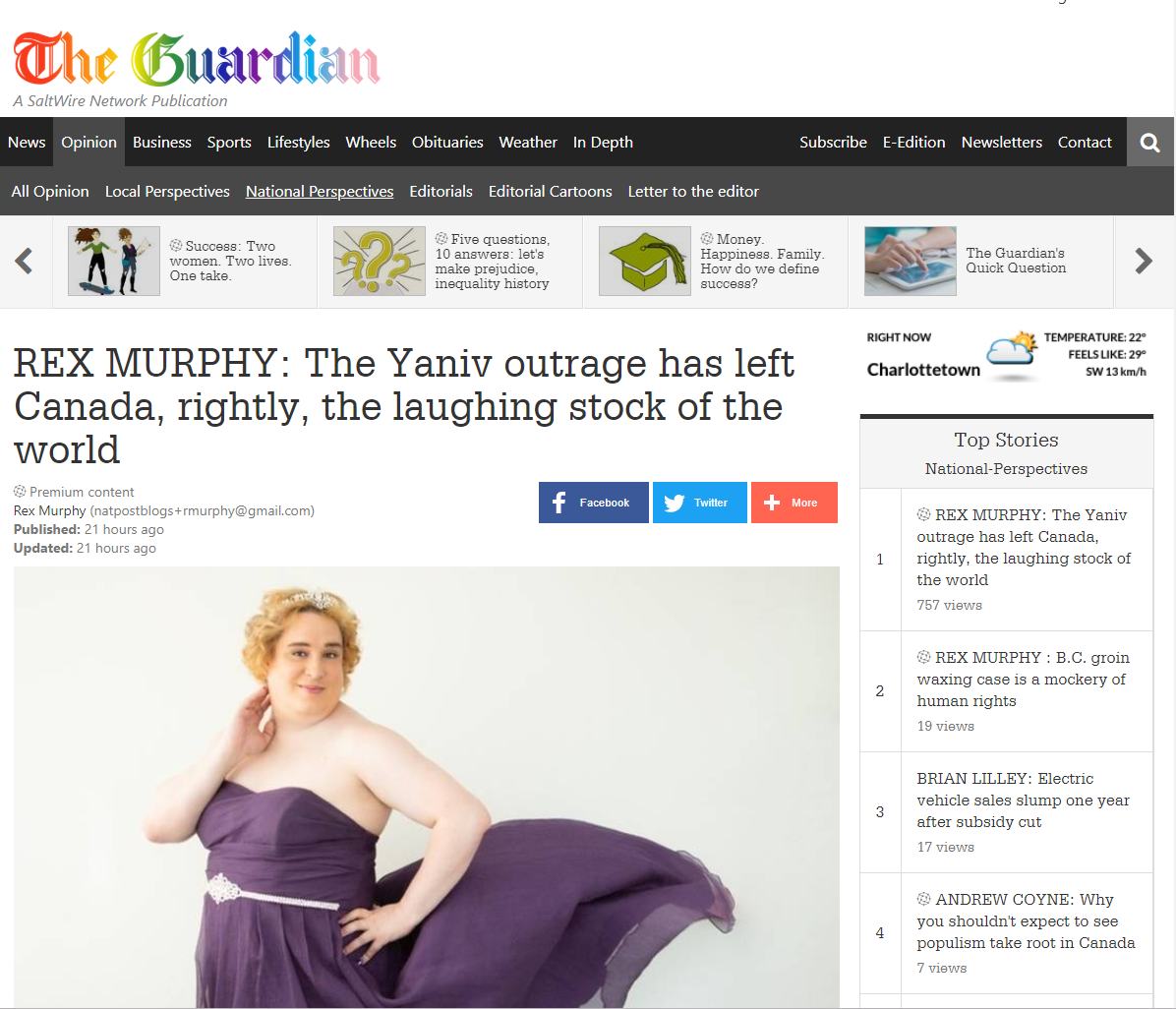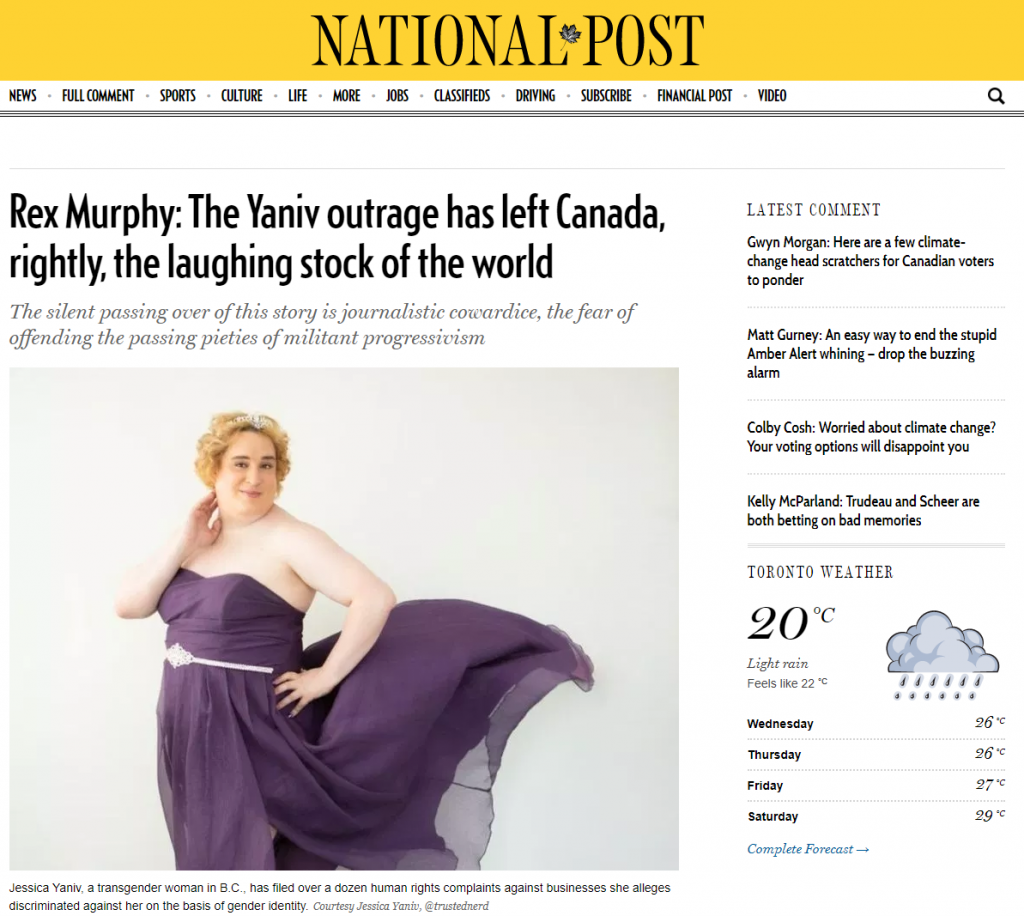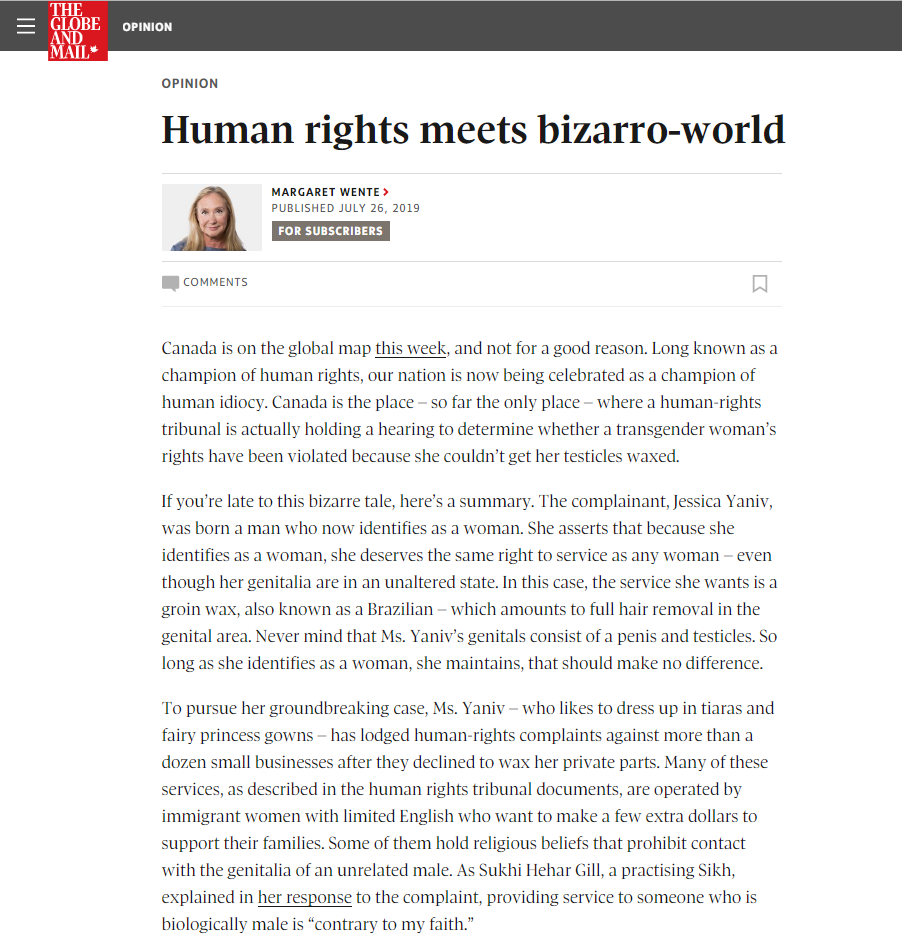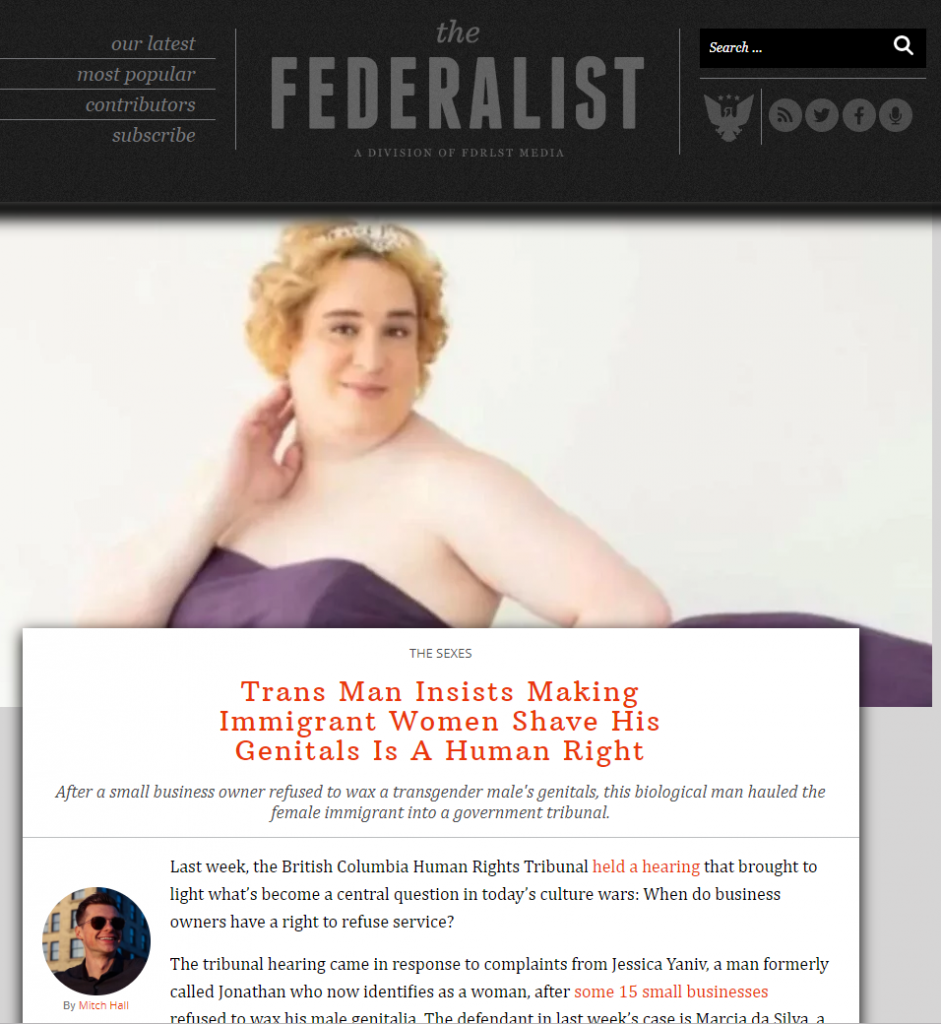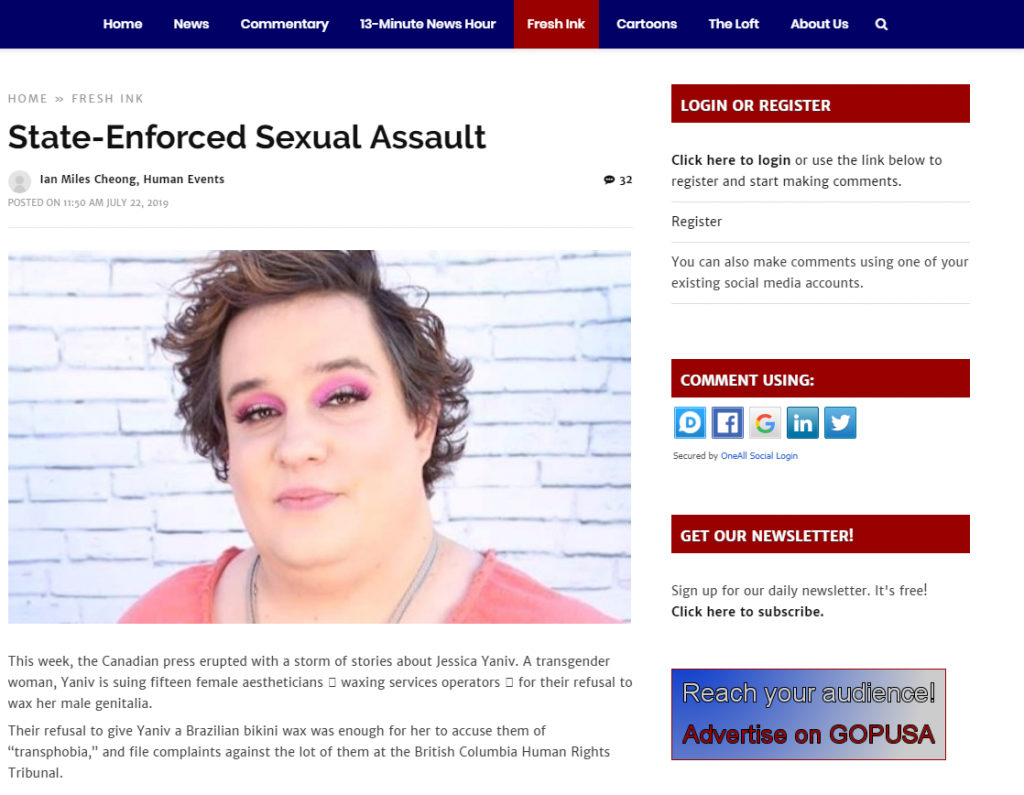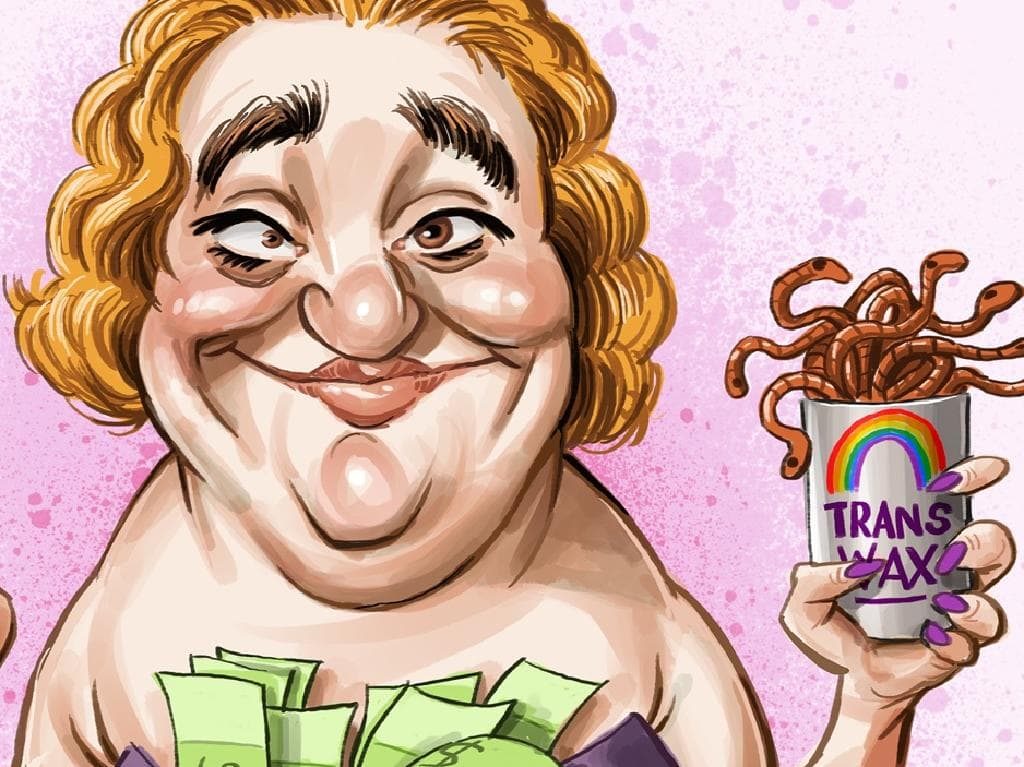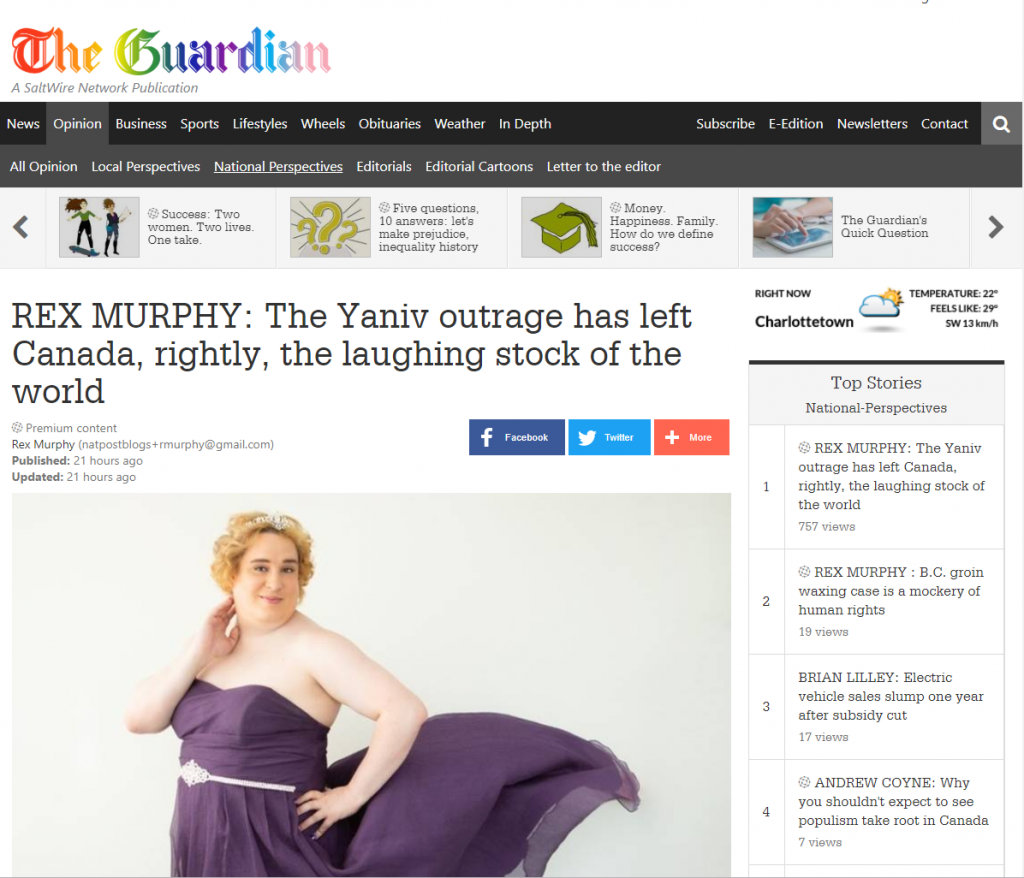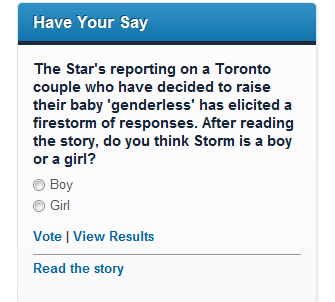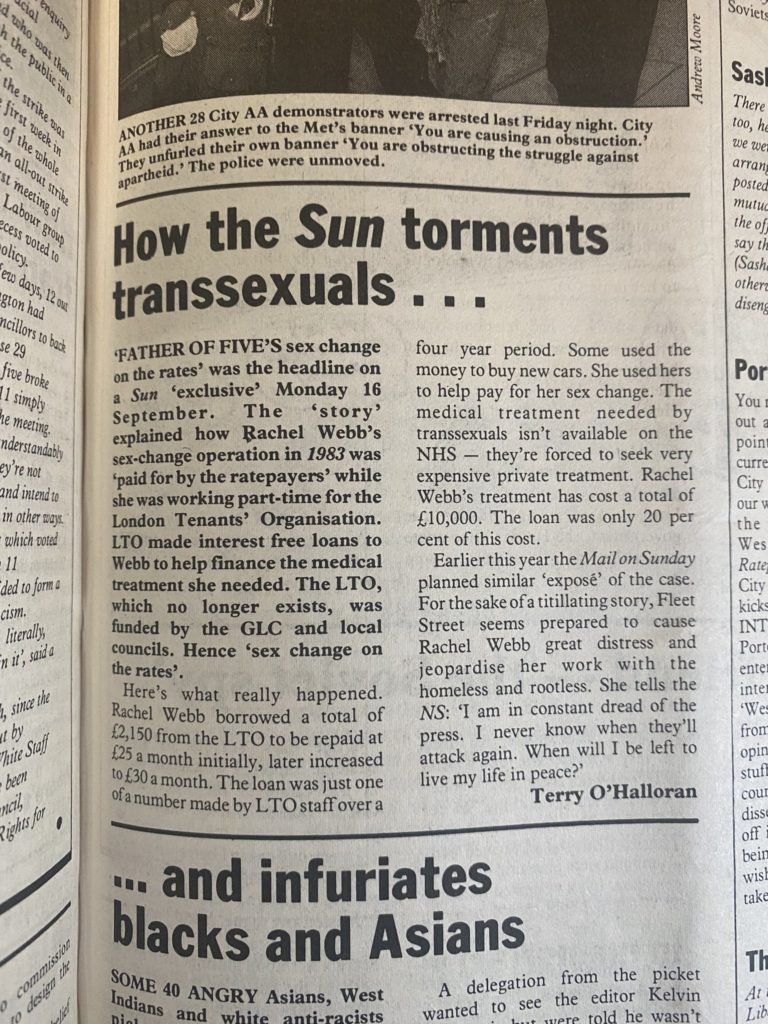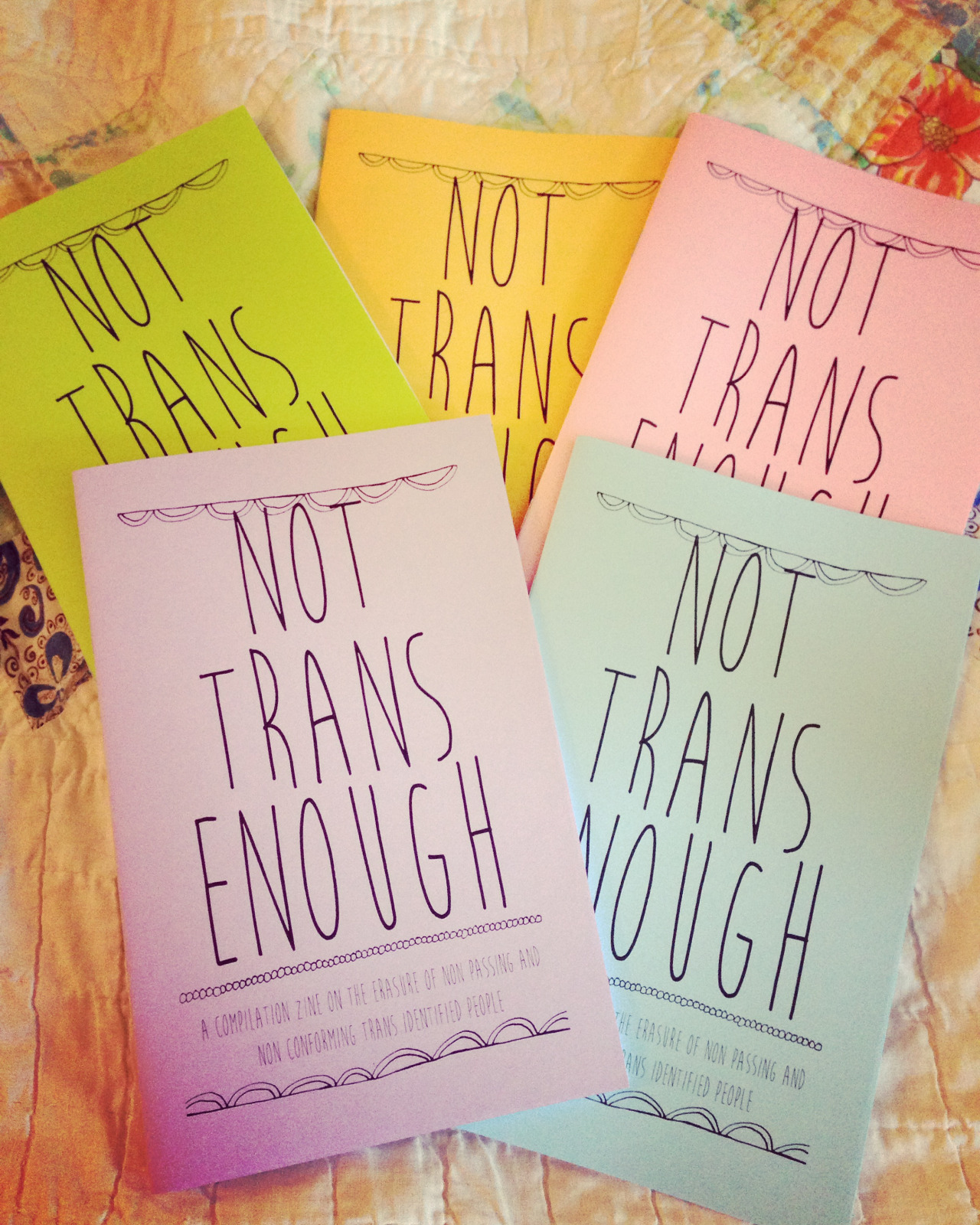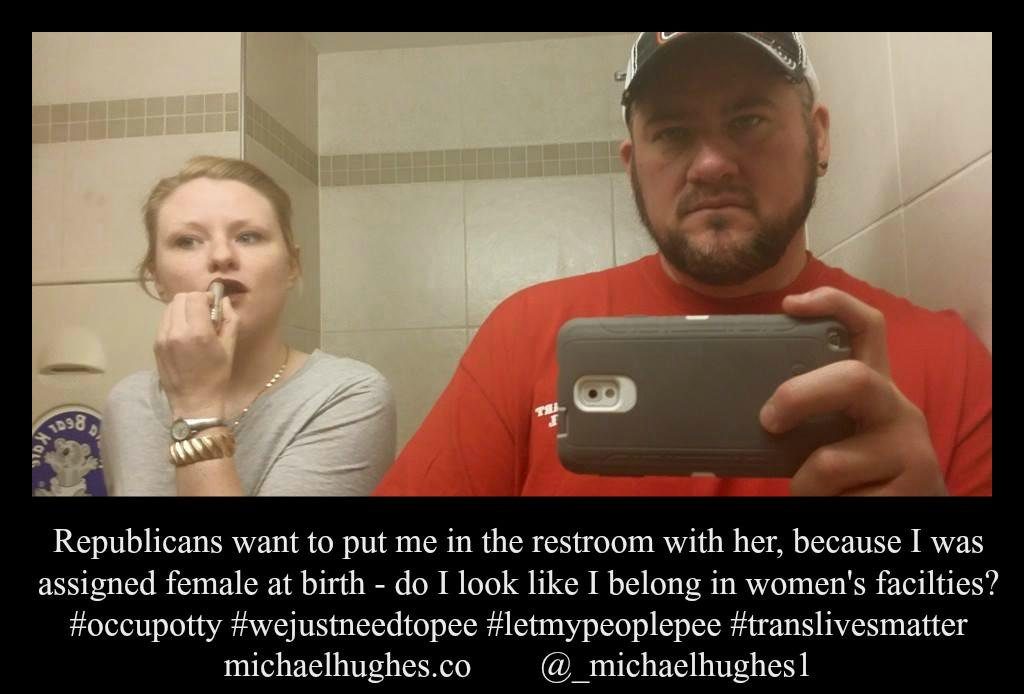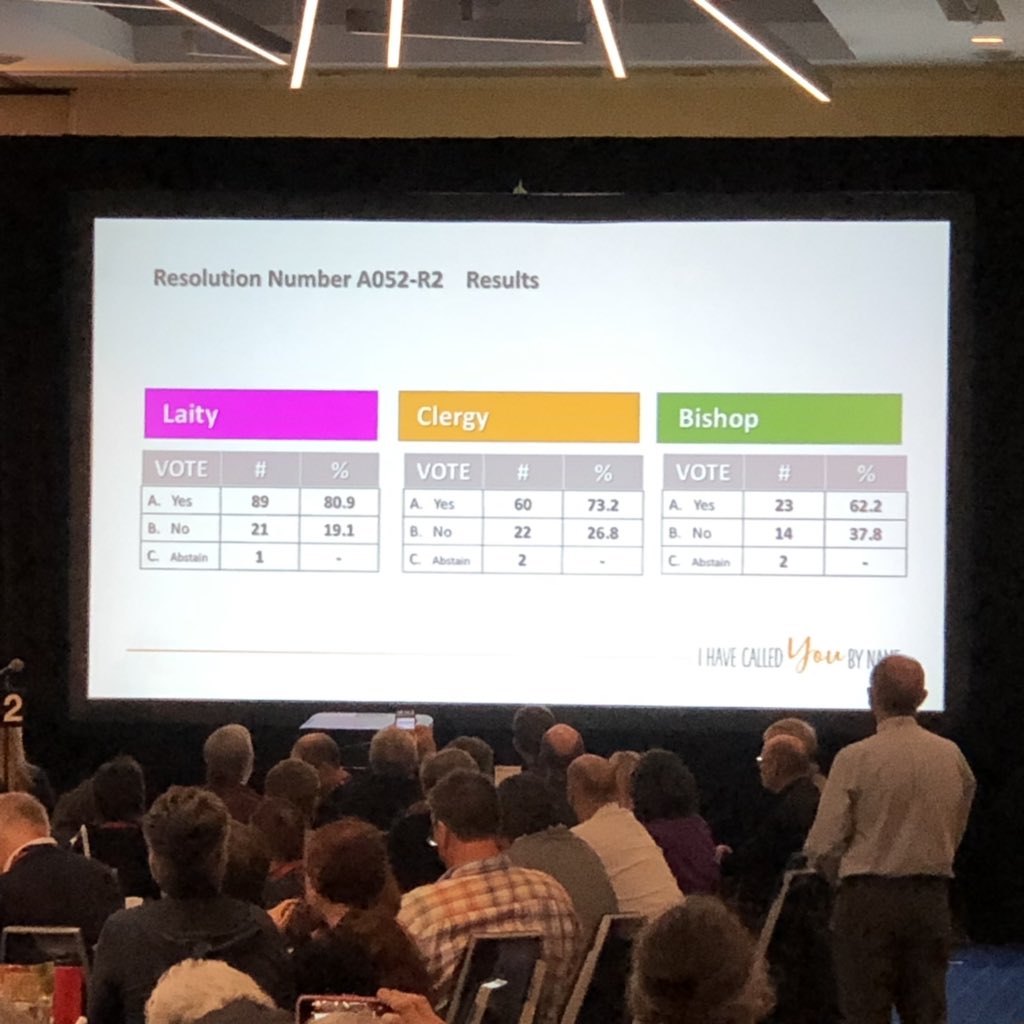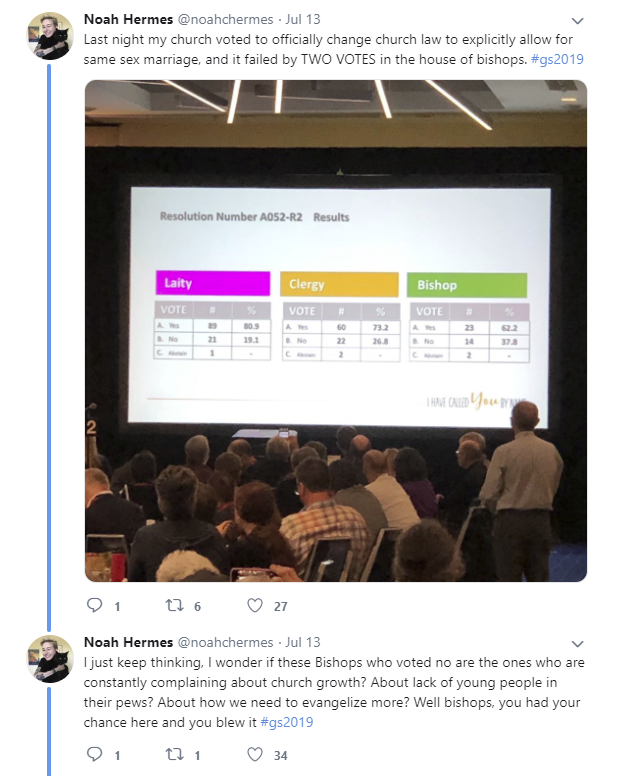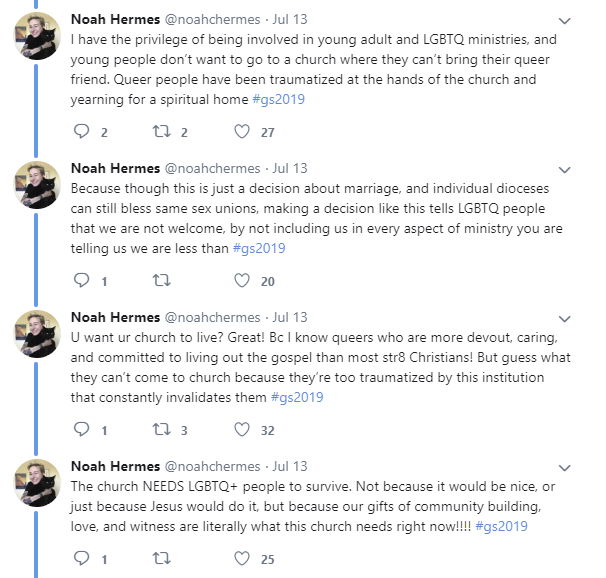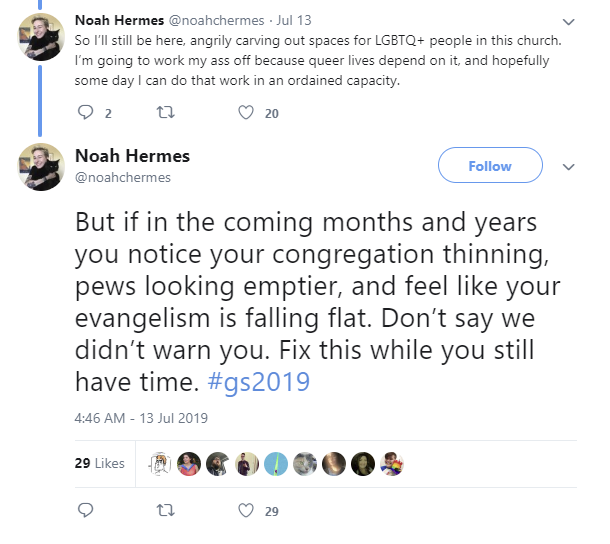I just came back from a two week trip to Dublin, Lisbon, Madrid and Barcelona with my dad. We were in Ireland two weeks before Brexit when no deal had yet to be reached, and in the center of Barcelona’s mass demonstrations following the ruling against Catalan leaders.
Dublin, Ireland
Dublin was the first stop of this journey. We were on the River Liffey by Trinity College, home to the Trinity College Library. The Library was beautiful and is pictured below.
You could see the history of Ireland physically embodied in the humble architecture of the city and the stickers and political graffiti for worker’s rights and that of the marginalized. No other European city I had visited to this point had had quite such an explicit activist culture.
Lisbon, Portugal
Next up was Lisbon. The weather was warm and sunny. Advertisements and banners were all over the city from the 2019 Portuguese legislative election and there was a lot of related communist political graffiti. The highlight here was overlooking the city at the São Jorge Castle with a glass of wine.
Madrid, Spain
Madrid reminded me more of New York City than any large European metropolis with its urban vibe. Perhaps it was the concentration of theater productions, the commerce on its boulevards, the density, and the way its urban landscape was structured that gave me this impression.
More than any other city on this trip, this is the one I’d like to revisit the most. I felt like I only scratched the surface.
Barcelona, Spain
I got to see two sides to Barcelona. On the one hand, I was able to have the experience of running up the hills of the Mediterranean city, resting on its beaches, eating street food, taking the metro, checking out a flea market and trying the beer from a local brewer.
My time there also coincided with the severe sentences of over ten years issued to the leaders of the Catalan referendum. So on the Friday, half-a-million demonstrators descended in the city to voice their opposition.
The atmosphere was celebratory during the day, with demonstrators being largely comprised of young people. Riot police started to install themselves throughout the city center during that time, including forming two blockades that cut us off from our hotel.
The situation deteriorated in the evening. Protesters set off fires across the city, police beat youth that had been sitting peacefully in front of the blockades, police drove their vans at high speeds through dense crowds injuring people, demonstrators were firing fireworks at police, and police were shooting foam bullets. Much of this took place immediately in front of me, as I watched from behind steel gates.
A second demonstration took place the next evening, this time largely attended by older adults and families, to protest police brutality.

